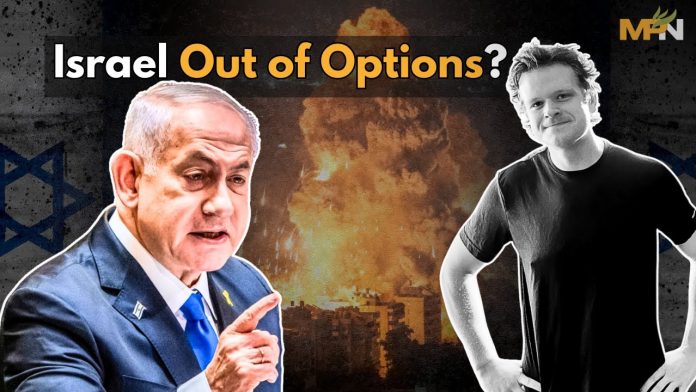It has been one year since the escalation of hostilities on October 7, followed by Israel’s relentless bombing campaign and ground offensive. This conflict has displaced nearly 2 million people and potentially resulted in the deaths of around 200,000.
In the early months of the Gaza Strip offensive, there was hope for a ceasefire by New Year’s, then by Ramadan, and later by July. However, after a year of this nebulous war of attrition, that hope has faded. Israel has expanded the conflict into southern Lebanon, with no clear timetable or definable objectives.
Negotiations with Hamas have stalled.
Hezbollah has stated it will only stop firing rockets into Israel if a permanent ceasefire is established in Gaza. There was some discussion of a separate 21-day ceasefire with Hezbollah to ease tensions and contain the conflict. However, the recent assassination of Nasrallah has derailed that initiative. Now, Iran has retaliated with a 200-missile strike on largely military targets in Israel, leaving the region waiting for Israel’s response.
Despite bombastic statements from Israeli officials about striking Iranian nuclear sites following Iran’s reprisal, I do not believe a wider regional war is imminent. Such an operation would be infeasible, highly provocative, and unlikely to succeed, as Iran’s nuclear sites are fortified against aerial attacks—not from Israel, but from the far more powerful U.S. Air Force.
Israel appears to be delaying its response, likely at the urging of U.S. military leadership, which seeks to avoid being drawn into another conflict in West Asia. The potential blowback from such an operation could be unpredictable and volatile. Meanwhile, Israel is already grappling with separate division-sized operations in Gaza, the West Bank, and southern Lebanon. A distant conflict with Iran and its allied militias across Iraq and Syria would stretch Israel’s air defense systems beyond capacity.
Despite the war hawkish stance of Netanyahu’s government, they are not entirely irrational. While they may naively hope to permanently alter the security dynamics in the Middle East, it is unlikely they will rush headlong into a wider war. The damage Israel would sustain in such a conflict could be irreparable, and current policy suggests they are not pursuing mutual annihilation.
As we enter the second year of what many view as a campaign of genocide and ethnic cleansing, two things seem certain: The U.S. will continue to support Israel unconditionally with economic and political backing while ineffectively pressing for de-escalation. And, for the time being, the conflict will continue, but in a contained manner.
Join us on State of Play for a year in retrospect and a look at what the future holds. In short, expect more war, violence, and a doubling down on imperial foreign policy.
